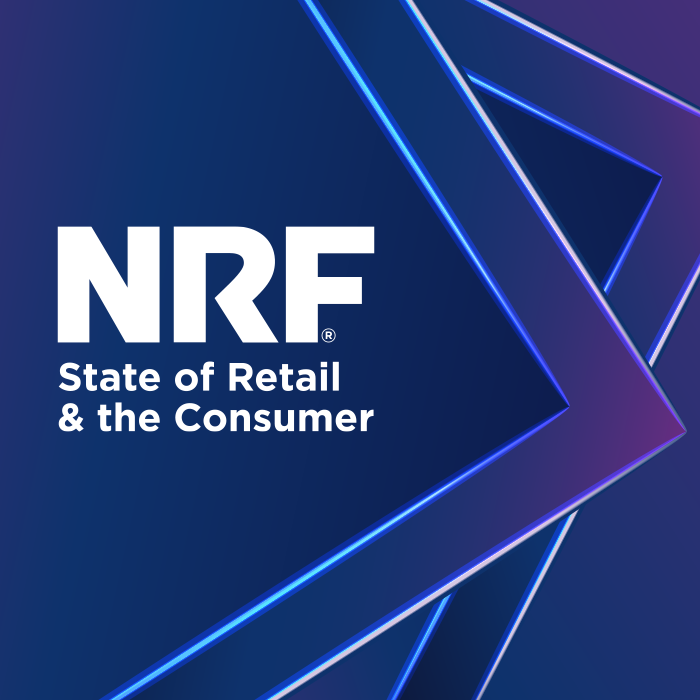How voters really feel about the 2025 tariffs
)
Top-line Findings
- 76% of voters are concerned about the impact of tariffs on prices.
- 75% of voters want elected officials to focus on reducing inflation.
- 75% of voters want elected officials to focus on decreasing the cost of groceries and everyday goods.
- 81% of voters are concerned about small businesses closing, given the economy.
- A majority of voters say that small businesses are critical to the economy and the U.S. should not implement tariffs if they raise the cost of running a small business.
- Voters are most concerned about the impact on prices from imposing tariffs on U.S. neighbors and allies such as Canada (66%), Mexico (64%) and Europe (62%).
- Voters feel most strongly about tariffs on Canada. Half (48%) of voters oppose tariffs on Canada compared with just 39% who support — a wider margin compared with other countries.
NRF and Morning Consult conducted a study March 25-27, 2025, among 2,019 registered voters with a margin of error of +/-2%.
According to a new survey conducted by Morning Consult for the National Retail Federation, more than half of voters believe the tariffs proposed in 2025 will negatively impact vulnerable communities and industries such as small businesses, working class families and the elderly. The survey, which was conducted among 2,019 consumers between March 25-27, 2025, also found that most voters believe the government should make bringing down inflation and the cost of groceries their top priority, rather than price-raising policies such as tariffs.
While tariffs can serve as an effective foreign policy tool at times, voters are worried the 2025 tariffs will raise prices on everything from groceries (76%) to medicine (71%) to household supplies (67%) and clothing (66%) at a time when they want the government to prioritize lowering the cost of everyday goods.
In fact, three-quarters (75%) of registered voters believe the government’s top priority this year should be tackling inflation and bringing down the cost of groceries and other everyday goods, compared with just 37% who believe the government should focus on cutting the trade deficit.
Because tariffs tend to raise prices, voters do not see tariffs as helping vulnerable communities or those working hard to get ahead — such as blue collar workers, rural communities, families with young children, low-income households, the elderly or farmers.
In addition to the cost of higher prices on critical items needed for themselves and their families, more than half (56%) of voters also believe the 2025 tariffs will raise the cost of goods and services for small businesses.
Small businesses act as the lifeblood of local communities — 88% of registered voters say that small businesses play an important role in their local economy, more than those that say the same for regional (81%), national (79%) or international (65%) businesses — but many are already challenged by the current environment.
Four in five (81%) U.S. voters are very or somewhat concerned about small businesses in their communities closing, given the current economy. Industries like retail, where 99% of businesses have fewer than 50 employees, are particularly vulnerable. In fact, over half (54%) of voters believe the 2025 tariffs will harm retail, compared with just 23% who believe they will help the industry.
In addition to the implications for themselves and their communities resulting from the 2025 tariffs, voters are also concerned about the specific price implications from imposing tariffs on U.S. neighbors and allies such as such as Canada (66%), Mexico (64%) and Europe (62%). However, voters feel most strongly about tariffs on Canada. Half (48%) of registered voters oppose tariffs on Canada, compared with just 39 percent who support them — a wider margin compared with other countries.
Learn more about tariffs and why it matters to retailers by visiting NRF’s tariffs policy page.





